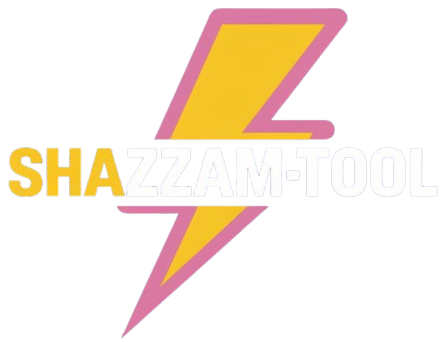The crypto market is still breaking records following the recent U.S. presidential elections – after December’s market cap ATH of $3.7 trillion, it now stands strong at $3.45 trillion, promising a new surge pretty soon.
With those big numbers and a community around it, crypto is becoming an important part of the gaming industry, especially the online gambling sector, where many players are turning to anonymity and instant solutions.
Many Things Work Better with Crypto
Nowadays, gaming platforms have to adopt crypto to meet the demands – transactions are much faster and far more secure.
And with no other parties involved, blockchain technology ensures that you can withdraw your winnings almost instantly.
All of this convenience has already attracted more than 150 million players to crypto-friendly no KYC gaming sites, where you can play your favorite games in a trusted environment, without doing any time-wasting registration along the way.
It’s where you’ll find advanced privacy, instant withdrawals, high bonuses, and support for all popular crypto assets, and some altcoins, as well.
Whether you love slots, poker, or live games – it’s all in there, something for every taste.
Blockchain Expanding as We Speak
The final quarter of the year was remarkable for blockchain gaming, drawing over $1.6 billion in investments – accounting for more than 40% of all Web3 funding during that time.
User activity has exploded as well – more than 8 million players now actively use blockchain gaming wallets, making up 35% of all decentralized app activity.
New Life for Gaming Economies
Before we made a big transition, you could own skins, weapons, or some other collectibles, but those items had no value outside the game. But, with blockchain technology, this has changed completely.
Crypto enables true ownership of digital assets through Non-Fungible Tokens (NFTs), so you can buy, sell, and trade them across many platforms.
Rewarding Both Developers and Players
Blockchain technology benefits everyone. Studios can reward their loyal players directly by issuing native tokens and crowdfunding future projects without relying on traditional funding sources.
Most such tokens grow in value when the games gain traction – a win-win situation for both sides.
Star Atlas, for example, employs a dual-token mechanism to reward players and fund development, showing the concept that could be far more usual in the future.
Security Above All
The gaming world has long been concerned with cybersecurity since the accounts of its participants have largely been one of the favorite targets of hackers.
But, that now seems like a distant past since blockchain addresses all the security issues through decentralized ledgers.
Each action, from item purchasing to asset transfers, gets recorded immutably, making fraud almost impossible to achieve.
This heightened level of security not only keeps wallets safe but also ensures fair play without anybody being able to cheat by modifying the game mechanics.
Gaming on Decentralized Platforms
Everything is clear here – increased competition will push developers to create more secure ecosystems.
The whole industry is quickly moving toward platforms where, instead of depending on big publishers to call all the shots, blockchain-based platforms let developers release directly into the hands of players.
Smart contracts handle revenue distributions precisely, giving creators their rightful stake and leaving no room for intermediaries.
Projects such as Ultra and Enjin leave the front doors open by building decentralized app stores, enabling indie developers to thrive in an industry full of powerful competition.
Fostering Global Communities
With blockchain, players from the other side of the globe can compete in tournaments, trade possessions, and share virtual events without worrying about currency exchange or high processing fees.
Games like Illuvium bank on this and organize worldwide competitions where players compete for big crypto prizes, further mixing entertainment with financial opportunities.
Fueling Player Freedom
Another important aspect of crypto integration in gaming is the level of freedom for the players. With e-wallets, players can move easily between the platforms without losing their progress or assets.
While most purchases in traditional games are attached to a singular account or system, blockchain-based titles really offer ownership.
This flexibility is very convenient for those who love trying different games, with much faster cash-out options.
More Money Brings More Excitement
By 2025, analysts are projecting blockchain gaming to take up a complete 60% share of all decentralized application activities – becoming the dominant force in the Web3 space.
With that in mind, everyone is expecting an era in which gaming will not just be entertainment but a dynamic economic hub powered by crypto.
Innovation to Meet Player Demands
The gaming industry keeps evolving with every passing year, and crypto integration is at the front line. Players want more privacy, quicker transactions, and better security, and blockchain delivers solutions that no traditional gaming model can match.
This is a marriage just starting, and the possibilities are endless.

